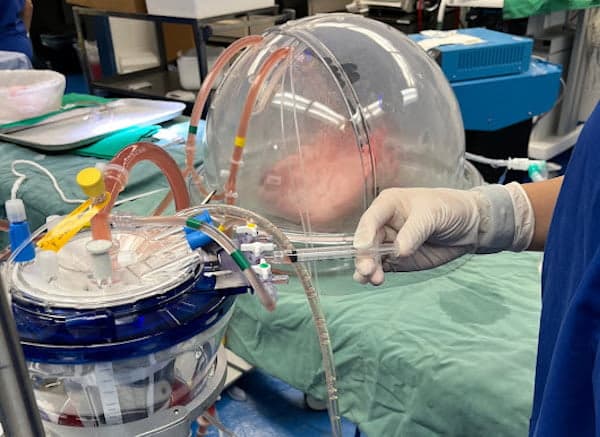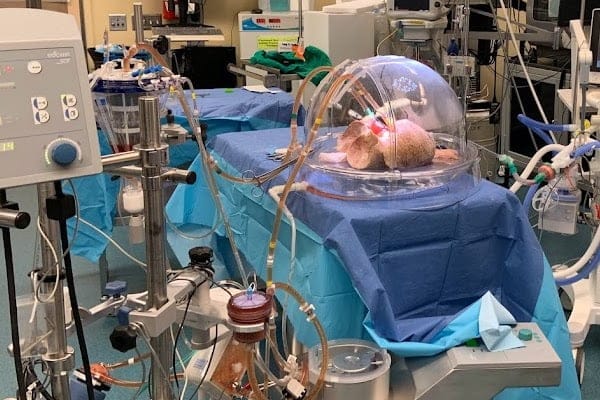In transplants, organ size and blood group are the main factors in matching donors and recipients to reduce the risk of organs being rejected by the body.
Unfortunately, this means that there are those who, despite desperately needing to receive transplants, cannot carry out the procedure until a suitable donor is found.
Sometimes patients waiting for organs die before they can access a transplant.
Towards transplants with 'universal' organs
A team of Canadian scientists has just published a study in Science Translational Medicine, in which he explains how he managed to convert lungs into "universal" organs suitable for any recipient (of course if they were of the right size).
A premise: People with type O blood can donate to anyone, as this type of blood does not contain antigens that activate the immune system of others and cause rejection. At the same time, people with type AB blood can receive organs from anyone else, as they contain both A and B antigens.
Scientists know that the combination of two enzymes (FpGalNAc deacetylase e FpGalactosaminidase) could “convert” type A blood to type O by removing its antigens. It was the subject of the tests carried out, with the application of these enzymes on a pair of lungs donated to science.

The results
In just four hours of application, this enzyme mix removed 97% of the antigens, minimizing the chances of rejection of these organs in case of transplants.
Compared to untreated lung samples, the organs moistened with the two enzymes “worked perfectly,” says the study author Marcelo Cypel, professor at the University of Toronto. The untreated lungs, in contrast, showed signs of hyperacute rejection “quite rapidly.”
Risk-free transplants
This process, according to Cypel, can be done for transplants of any donated organ, not just the lungs.
Having universal organs would allow us to remove the current restrictions on transplants, saving more lives and wasting fewer organs.


